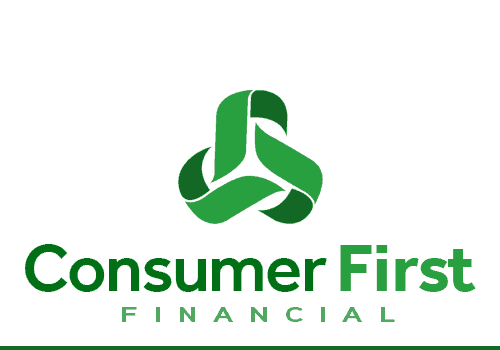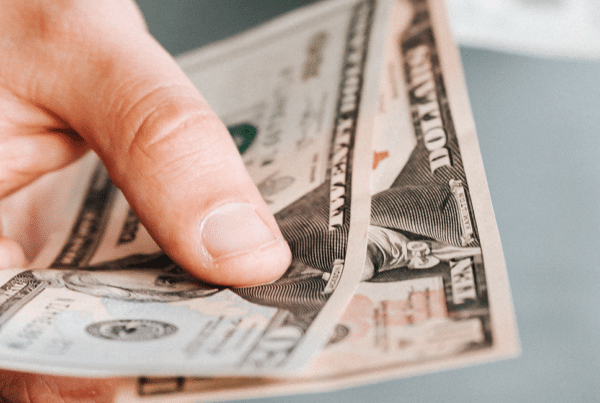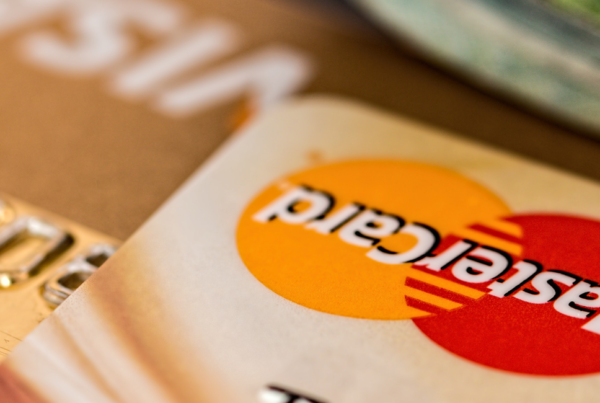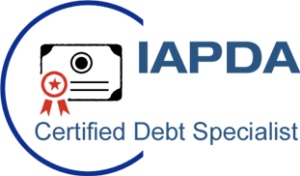
Is debt settlement worth the hit my credit may take?
When your debt becomes overwhelming, often the best option is to seek a credible debt-relief company. Debt settlement will affect your credit score, and if a company tells you otherwise, they’re lying. With that said, the effect settlement can have on your credit doesn’t compare to bankruptcy.
Settlement works best with high interest, unsecured debt, because most of your payments are going to interest. With settlement, a savings account is opened and monthly payments are put there. Debt settlement is a game of timing. If you’re buried in unsecured debt with sky-high interest rates, you’ll be paying off those debts for many years to come.
Settlement offers a way to pay your debt, without the interest or added fees. In addition, the amount you pay is less than what you owe. It sounds great, and it certainly can be, but consumer should be informed that their credit will take a hit.
If you’re in a position of falling behind your payments anyways, run, don’t walk to a credible debt settlement company. You’re already hurting your credit by not making payments, you might as well be settling your debts for less at the same time.
Let’s discuss:
- The timeframe for debt settlement,
- What you can and can’t do while in the settlement program, and
- Process of rebuilding the credit score
Before trusting any company to shoulder the settlement tasks, make sure you find a legitimate debt settlement company which offers a clear path to debt recovery.
How does the debt settlement process work?
Once the process starts, there are two types of settlement offers you can make. In both cases, you are offering to settle your debts for less than you owe, so what’s the difference? Well, they differ in how that debt-money is paid:
A one-time lump-sum payment
A payment plan
The lump-sum payment option is usually more successful because most creditors feel if you can commit to paying something over a period of time, you should be able to pay back what you owe even on a defaulted debt. Typically the only circumstance where a creditor will accept payments over a period is when it makes sense to break the payments up over a short time span. For instance, a $10k debt can be settled for $5k, then split into three payments of $1667.
Listed below are few Do’s and Don’ts while in a Debt-settlement program:
- Be ProActive to make payment and don’t wait for the creditor
- Never overlook the consequences
- Don’t hesitate to show all your financial cards
- Never make promises which you are not sure to keep
How long does it take credit to recover after a debt settlement program?
Consumers usually begin to start new, unsecured credit within a year of completing a good program. Since you aren’t paying your full balance as agreed, debt settlement will have a negative impact on your credit score. A “Settled” status is much better than an “Unpaid” status, but any payment status other than “Paid as agreed” or “Paid in full” can hurt your credit.
Often times, your score may start to recover before the program is even over. This is because while you have late payments, you’re also settling full debts. As your settlement program continues, more debt is settled, recovering y0ur credit score in conjunction.
Rebuilding your credit score after debt settlement.
Although asking for a settlement on your own won’t hurt your credit score, succeeding in getting a settlement – or missing payments as most companies advise – will definitely affect the credit score. Rebuilding your credit is not nearly as difficult as some companies will make it out to be.
Improving your credit score is possible after a relief program, but it takes time. Going through a debt settlement plan eliminates your unsecured debts. Because of this, the debt-to-income ratio is immediately improved. This is a good thing for your credit score, and will continue to improve as your accounts are settled.
Use credit.
The first and foremost thing is to start using credit again. Shed the worries about accumulating more debt and start small-scale. Otherwise you risk spending too much time without credit to maintain a score. This is also the best time to teach your self better credit management skills.
Make Consistent Payments.
Check and ensure you complete payment on or before the due date. See to it that the balances do not get accumulated. Make it a habit to pay-off without skipping any month.
Mix of Credit.
While starting to rebuild your credit, try and maintain different types of credit accounts. Manage the mix of your credit types effectively to get a quick and steady boost to your score. Lenders like to see a mix of types of credit to show your ability to pay under varying circumstances.
The reality is, your credit is likely suffering even without debt relief.
For most people we speak to in heavy debt situations, their credit score has already taken a significant hit. Generally this is because the interest rates on unsecured debt is very high, making it easy to default or fall behind. Once you’re behind on a high interest debt, it’s very difficult to recover from. Because of this, many people ready for settlement or other relief options are already looking at fairly poor credit score.
Now, if you’re overwhelmed with debt and you have managed to maintain a decent credit score, your decision is a bit more difficult. While you may enjoy the perks of a good credit score, ultimately, you have to decide if a temporary drop in your credit score, or complete freedom from your unsecured debt is more valuable.
While the repair process may only take somewhere between 3-6 months, the time it takes to completely rebuild your credit can take longer. Generally 1 to 2 years is a reasonable amount of time to expect your credit to fully recover. Bearing in mind, this doesn’t take into account continued spending on new credit cards or loans after entering a relief program.
This timeframe doesn’t necessarily start “after” you complete a relief program. Often your score will begin to recover while in the program. While that may seem strange, keep in mind, a good debt relief company is actively settling your debts. As each debt is settled, your credit score improves in tandem. If you’re concerned about credit, but considering debt relief, speak to a certified debt consultant to understand your options.
Your partner in debt relief,
Consumer First Financial





